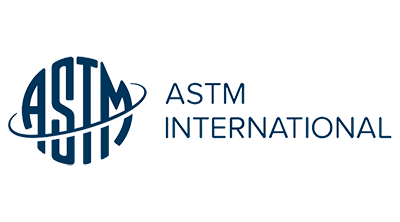As robots that can both move and handle objects emerge, standards efforts are under way. ASTM International’s robotics, automation, and autonomous systems committee this week said it is developing a standard on mobile manipulator performance for static and indexed tasks.
The proposed standard will describe accepted procedures and test methods, including the supporting test apparatus, for measuring the static/indexed task performance of a single mobile manipulator, said the F45 committee.
A mobile manipulator is a robotic system that features a manipulator and uses an automatic, automated, or autonomous unmanned ground vehicle (A-UGV) to move between locations, according to ASTM International.
Such systems may be used for manufacturing applications including but not limited to assembling, processing, or prototyping large scale components, material handling, machine/conveyor tending, flexible manufacturing, and peg-in-hole insertion-type assembly.
“Static/indexed performance encompasses situations in which the manipulator and A-UGV of a mobile manipulator shall not move simultaneously while physically connected as a single unit,” said ASTM International. It recently announced a standard, F3588-22, supporting UGVs.
Users to verify mobile manipulator performance
ASTM International member Omar Aboul-Enein noted that the proposed standard (WK83858) will be used by manufacturers, suppliers, integrators, and end users to verify the performance characteristics of a mobile manipulator.
“Once approved, end users might use the practice to determine if a mobile manipulator can perform a given task, for example peg-in-hole assembly, to their specifications and in their deployment environment,” he said.
“Manufacturers may use it to have standardized procedures and reporting methods that can be associated with their product specifications and used to evaluate robot designs for improvement,” added Aboul-Enein. “Integrators may use the practice to determine implementation correctness within a facility during deployment.”
ASTM said that it welcomes participation in standards development and that membership is available at at www.astm.org/JOIN. The next meeting face-to-face meeting of the F45 committee will be held April 19 to 20, 2023, and remote working meetings occur monthly.
West Conshohocken, Pa.-based ASTM International has defined more than 12,000 standards to improve product quality, enhance health and safety, strengthen market access and trade, and improve consumer confidence.
The organization's members include more than 30,000 technical experts and business professionals representing 140 countries. They create test methods, specifications, classifications, guides, and practices to support industries and governments worldwide. It has more than 140 technical standards-writing committees.
Article topics
Email Sign Up

















